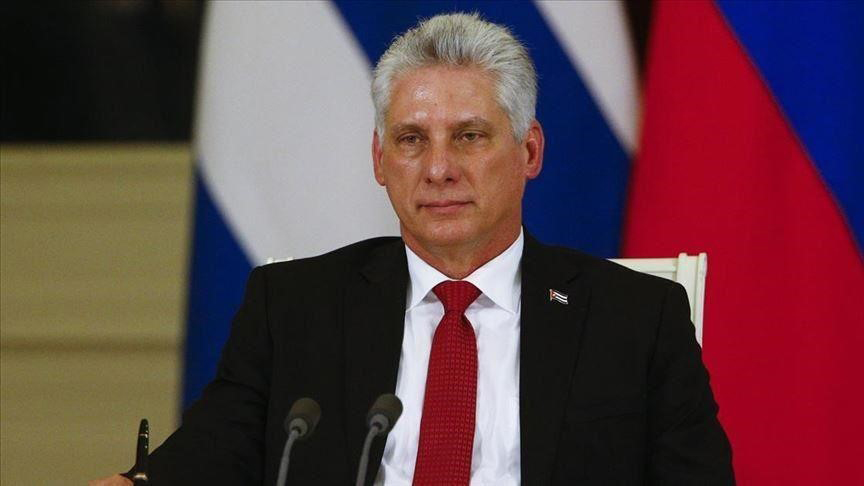HAVANA, (Reuters) – Cuba`s government said late on Sunday it would double down on price controls and continue to fight tax evasion in an increasingly desperate bid to tamp down on a ballooning fiscal deficit and spiraling inflation that have devastated its economy.
The measures will bring the 2024 budget and goals in line with what the government refers to as a “war-time economy,” according to a state-run media summary of a meeting of the Council of Ministers, the country`s top executive body.
“All of us are here to save the (Cuban) Revolution and save socialism,” President Miguel Diaz-Canel said in the meeting.
Cuba`s economy has been decimated by a combination of factors, including the COVID-19 pandemic, stiffened U.S. sanctions and a state-dominated business model plagued by bureaucracy, mismanagement and corruption.
The social and economic crisis is widely seen as among the worst since Fidel Castro`s 1959 revolution, leading to a record-breaking exodus of Cuban migrants in the past two years.
The announced measures – many long discussed and implemented in various forms by Cuba`s socialist government – aim to bolster foreign exchange, encourage food production and bring order to flailing state-run businesses, said Mildrey Granadillo de la Torre, First Deputy Minister of Economy and Planning.
The government said it would announce a “single, inclusive and equal pricing policy …for all subjects of the economy, which includes both the state and non-state sectors,” according to a report from the Communist Party`s Granma newspaper.
Cuba`s socialist authorities in 2021 lifted a ban on private companies in place since early in Castro`s revolution, but Communist party stalwarts say pricing disparities have contributed to soaring inflation.
The government also said it would centralize decision making on the national budget, allowing it slash line items and bring expenditures in line with revenue.
The report painted a dire picture of the economy, but provided few figures and did not say when the announced actions would come into effect.
Diaz-Canel earlier this year sacked his economy minister, Alejandro Gil, on allegations of corruption, part of a broader high-level shake-up that also appears aimed at solving festering economic woes.

